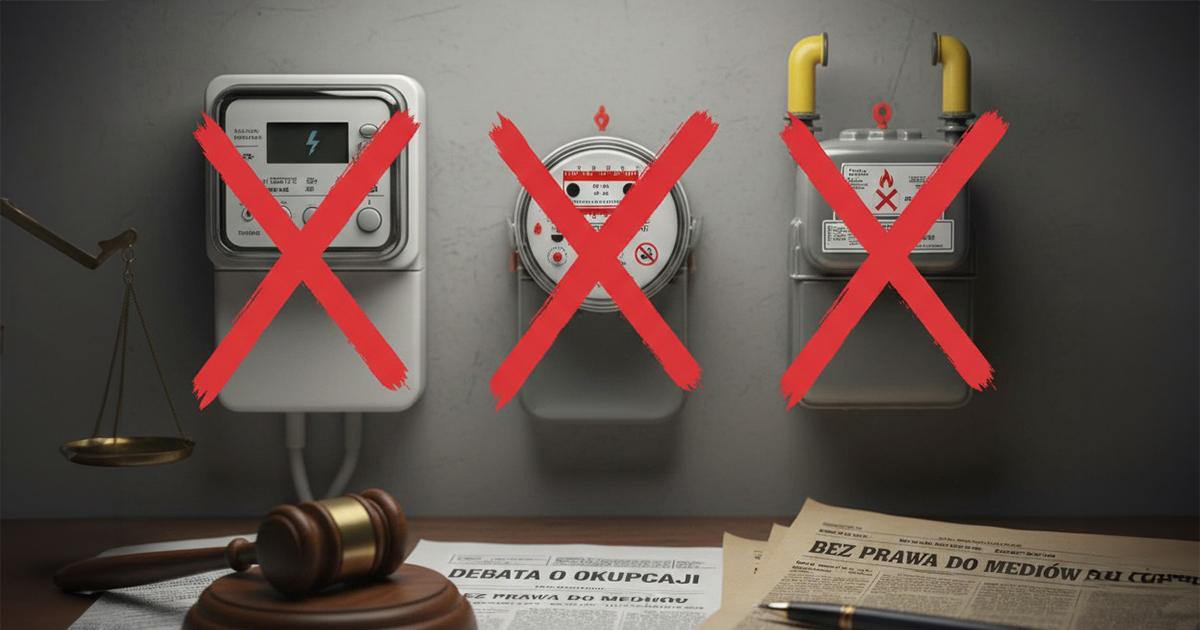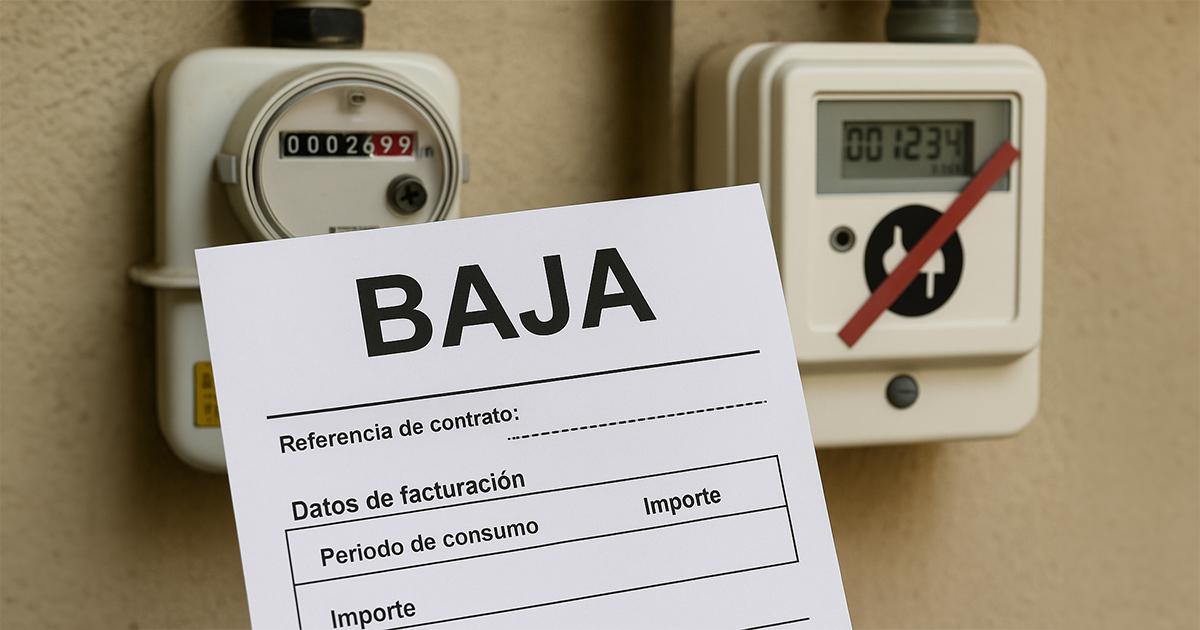
Cutting off electricity and water to illegal tenants: Senate moves forward with reform that could change legal landscape in Spain
The debate over the occupation is back in the headlines - this time with a significant legislative twist. The Senate has passed a bill amending the Criminal Code, which clarifies a key issue: cutting off electricity, water or gas in an illegally occupied apartment will not be considered a crime of coercion or threat.
The initiative, backed by the PNV and with the Junts abstaining, will now go to the Congress of Deputies. If the groups maintain their positions, the reform has a good chance of going into effect.
What does the reform assume?
The amendment is to add a new paragraph to Article 172.1 of the Penal Code to make it clear that the property owner is not required to maintain utility contracts for the benefit of persons who have occupied the premises without consent.
So far, the situation has been ambiguous: some judges have considered cutting off the media as unlawful pressure, others as a full right of the owner.
The drafters cite a key precedent: the judgment of the Audiencia Provincial de Barcelona, which ruled in March 2025 that suspending the supply of utilities to a dwelling occupied without a legal title does not constitute a crime, as long as there is no interference with the installations.
Barcelona judges' resolution: a turning point
The Barcelona court's decision unified practice in the province, where rulings had previously diverged. According to the resolution:
- There is no criminal offense when the owner abandons the payment of a contract made in his own name.
- The interpretation applies only to illegal occupation, not to tenants with a valid contract.
- Seizure of premises without a title is a crime of trespass/usurpation, not a civil dispute between tenant and landlord.
- Judges have been advised not to discontinue usurpation cases involving empty apartments without first determining who actually occupies them.
In practice, landlords are no longer stuck in a legal trap: they no longer face criminal liability for paying bills for premises over which they have no actual control.
What does this mean for owners?
While this is a step in the right direction for many, experts remind some key principles:
- The owner cannot himself interfere with the installations or physically cut them off - he can only opt out of paying for the contract.
- The amendment does not replace the eviction procedure - court decisions are still required.
- The Barcelona resolution does not apply to all of Spain, but may influence future case law in other regions.
Wider context: occupation, rental market and legal security
Occupation is one of the hottest social topics today, especially in large cities, where problems of access to housing are interspersed with publicized cases of usurpation.
The Senate proposal is part of a climate of tense discussion in which the interests of landlords, neighborhood communities and housing rights organizations are clashing.
Supporters of the reform stress that it provides legal clarity and protects those who find themselves forced to fund services for unauthorized residents. Critics, on the other hand, warn that the change could exacerbate the problems of those living in extreme hardship if it is not accompanied by viable housing solutions.
What's next?
The key decision will be made in Congress. If the reform passes, cutting off utilities in illegally occupied apartments will be explicitly exempted from criminal liability, aligning the law nationwide with the interpretation adopted in Barcelona.
If not - Spain will continue to operate with a patchwork of different interpretations depending on the region and the specific court.
One thing is certain: the dispute over the occupation is far from over, and 2025 will bring more laws, rulings and discussions that will redraw the boundaries between property rights, security and the protection of vulnerable people.








